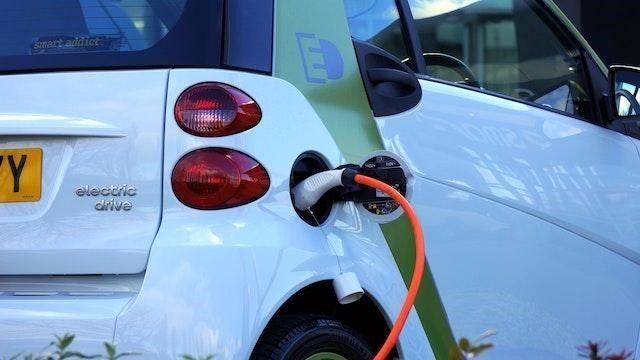We are reaching a point where our conventional gasoline reserves are beginning to diminish. This means that cars that run on petroleum and diesel will become redundant and outlawed in the coming years. This makes us wonder, what are our alternatives once these cars are unusable? The answer is electric cars. These vehicles run solely on electric power and do not require gasoline. These seem to be the inevitable future unless some car companies swoop in to save the day with an alternative to internal combustion engines.
Of course, it will need a battery to make an electric car run. And you’d be surprised to know that the engineers who design and create these batteries are compensated handsomely. So if I’ve managed to intrigue you, you should probably consider taking up some Battery Technology Courses.
With these courses, one can gain immense knowledge about electric vehicles and their technologies for batteries. Also, with these placement-guaranteed courses, the students who opt for this course are going to get a proper understanding of the foundational concepts and receive a proper understanding of the following aspects:
- Modelling mathematically.
- Thermal aspect management.
- Electrochemistry.
- Management systems for batteries.
- The battery technologies.
- Charging/Discharging systems for EVs.
With these courses, the disciples tend to gain some much-needed knowledge and exposure to the practices and trends in the EV industry. The students will also gain some practical experience by working on software such as Simulink and MATLAB. So if there are people who have already decided that they wish to go in this sector, these courses will prove to be the basic stepping stones or the understructure for the path to take to establish oneself in this career line.
With all of this, let us also take a look at the course syllabus so you can make up your mind for yourself. Throughout the entire course, one will learn about topics such as:
Week 1
- Fundamentals of electrochemistry and its technologies.
- The history of Battery Technologies.
- Li-ion batteries and their multiple chemistries.
- The juxtaposition of different sources of energy.
Week 2
- Li-ion cells are available on a commercial level.
- Applications of portable sources of power and their load requirements.
- The characteristics of a battery.
- The factors that affect the choices for EV batteries.
Week 3
- Standard testing of the required tools.
- The electrical circuits and their models on software like MATLAB.
- Characterization of cells.
- Algorithms to determine the capacity of a battery.
Week 4
- Electrical connections for batteries.
- Protection systems for batteries.
- Battery modules and their battery pack systems.
- Assembly methods for batteries.
Week 5
- Energy storage systems and their hybridization.
- Alternative energy sources.
Week 6
- Electronics for the battery packs.
- Management and safeguards for the batteries.
- Battery Management Systems.
- Balancing of the cells
Week 7
- Digital battery management system designing.
- BMS application-specific integrated circuit election.
- Analog battery management designs.
- Installation, testing, and troubleshooting for battery management systems.
Suggested Reads:
















